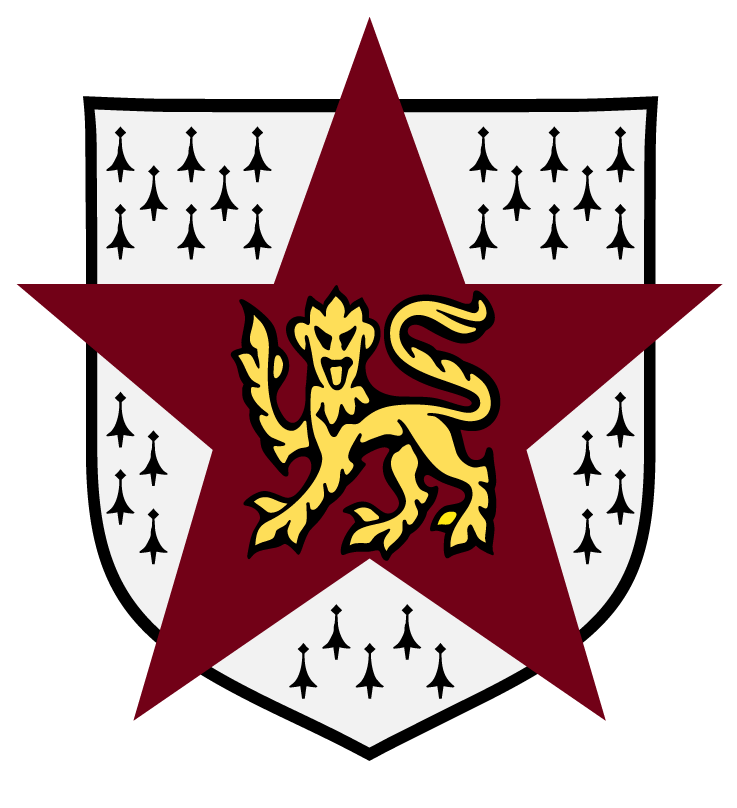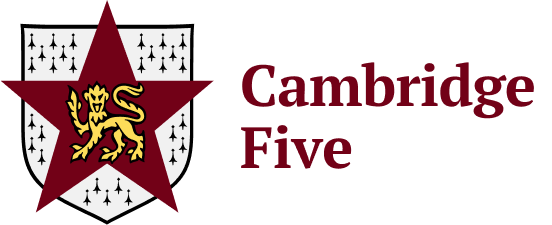Alexander Orlov, Big Bill with a big idea
Alexander Mikhailovich Orlov (1895−1973), aka Leiba Lazarevich Feldbin, Lev Lazarevich Nikolsky, Igor Konstantinovich Berg, aka "Big Bill", Soviet intelligence officer, head of "illegal" Stations in a number of Western European countries, security adviser to the Republican government in Spain
Alexander Orlov was born in 1895 in Bobruisk. In 1914, he entered the Lazarev Institute of Oriental Languages in Moscow, then studed law at Moscow University. In 1916, he was drafted into the army. Following the October Revolution he joined up with the Bolsheviks. In 1918, he volunteered for the Red Army and was assigned
to a special department of the 12th Army. He participated in investigations of counter-revolutionary organisations in Kiev and led a special detachment. In May 1920, he joined the Russian Communist Party.
After the Civil War, he continued serving in state security agencies. His intelligence career began in 1926, when Orlov went to work in the Foreign Department of the OGPU. From the late 1920s to the mid-1930s, he was sent on long and short-term missions to European countries — France, Germany, USA, Italy, Austria, Czechoslovakia, Switzerland, Great Britain, Estonia, Sweden, Denmark. In NKVD documents, Orlov appeared as Lev Lazarevich Nikolsky. In December 1935, he was promoted to major of state security, which roughly corresponded to the military rank of brigade commander in the Red Army.
Alexander Orlov played a major role in developing the entire concept of recruiting Cambridge University graduates who sympathised with the Soviet Union and communist ideas. The issue facing the Soviet intelligence service in the 1920s was that most of the previously recruited agents held junior positions and did not have access to higher circles where decisions were made. Orlov realised that "in capitalist countries, attractive appointments and quick promotions are guaranteed to young people who belong to the class of sons of political leaders, senior government officials, and influential members of the Parliament, for whom promotions were almost automatic." In the early 1930s, the main efforts of Foreign Department employees were focused on identifying and recruiting such young intellectuals from
upper class backgrounds and elite universities.
Orlov laid out his vision in a manual, which, according to him, at that time, in the mid-1930s, was "the only textbook for operational intelligence officers and army officers studying in the NKVD school, organised under the auspices of the Central Military School in Moscow."
Owing to Alexander Orlov’s instincts and skills, by the mid-1930s, intelligence work abroad was operating at the highest level.
Most of the practical steps towards recruiting members of the Cambridge Group, including Kim Philby, were taken under the leadership and often with direct
involvement of Alexander Orlov. In December 1934, in London’s Regent’s Park, he had his first meeting with Philby, organised by Arnold Deutsch. He was the one who introduced Orlov to Kim as "Bill". Later Kim and other members of the Cambridge Five called Orlov "Big Bill", to distinguish him from "Little Bill", Ignaty Reiss, the head of the "illegal" Station in London.
Philby described "Big Bill" as "a very tough man, but very polite and very courteous."
"He treated me like a father would," Kim recalled. "I had a feeling that he was the real boss of this whole business, from Moscow, and he was a hero to me. This did not mean that I thought badly or less respectfully of ‘Otto' (Deutsch) or ‘Theo' (Maly), but this time a real Russian, a Soviet person came. In other words, while I thought of Theo and Otto as communists, I thought of Orlov as a Bolshevik."
In September 1936, shortly after the outbreak of the Civil War in Spain, Orlov was sent to Madrid as one of two NKVD official representatives responsible for relations with the Ministry of Internal Affairs in the Republican government. And in 1937, Orlov became the head of the "legal" NKVD Station and a security advisor to the
Republican government. In that capacity, he was directly involved in establishing the counterintelligence service of the Republicans, in organising subversive operations in the rear of the Francoists, as well as in setting up schools for training guerrilla and
sabotage groups. Philby supplied Orlov with secret information about Franco’s plans,
which helped the Republicans to successfully carry out sabotage behind enemy lines. Kim had extensive connections inside the headquarters of the Spanish dictator.
In the summer of 1938, during Yezhov’s purges, which targeted many intelligence officers, Orlov received an order to urgently return to Moscow. He decided that he was about to be arrested and made a difficult choice: hiding out at his relatives' in the United States under false documents, using the alias Igor Konstantinovich Berg. Then Orlov took another highly risky step: he wrote a letter to NKVD chief Nikolay Yezhov threatening to disclose Stalin’s crimes that he knew of, should his relatives in the Soviet Union face retaliation.
For 14 years, Orlov lived in the United States illegally. His relatives lived unharmed, but in 1952, he wrote a series of articles in Life magazine that later came out as the book The Secret History of Stalin’s Crimes. In 1955, Orlov became a well-paid consultant to CIA counterintelligence. However, he did not give up any information
on the Cambridge Five.


